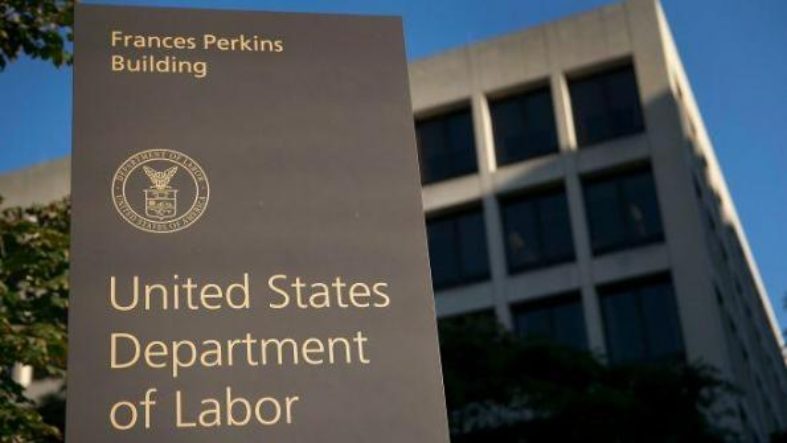This refers to a new ruling that was scheduled to be enacted between April 10th, 2017 and January 1, 2018 but was delayed until June 9th, 2017. The law was supposed to have been put in place by the Obama Administration but today, the Trump Administration is attempting to stop its enactment.
As an expansion of the Employee Retirement Income Security Act of 1974, it states that all financial advisors should work in the best interest of the client. The law is supposed to expand the investment advice fiduciary which is under ERISA which means if it’s not stopped, all financial professionals will be elevated to the status of a fiduciary. Whether they are working with retirement plans or they provide retirement planning advice, they will be bound legally and ethically to the standards of the law.
As said earlier, the law was created during Obama’s Administration specifically in February 2017 but President Trump issued a memorandum that delays the enactment of the law by 180 days. You can learn more about the directive here. The memorandum instructs the Department of Labor to take time and carry out an economic and legal analysis in order to determine the impact of the law.
Understanding the Fiduciary Law
To understand the law better, imagine a financial professional who helps clients to invest their money. A client approaches the financial professional looking for a new stock to invest in. The financial professional ends up finding two different stocks within the same industry.
One is cheaper and the other is expensive. Let’s assume both stocks generate the same return. If the financial professional is bound by the Fiduciary Rule, he or she is supposed to select a stock that is in the client’s best interest. In this case, the cheaper option.
Thanks to this rule, the financial professional is supposed to reveal everything to avoid conflict of interest. This is entails fees and costs the client is paying. Without this law, financial professionals will not act in your best interest. They will not disclose any potential conflict of interest or the fees you are paying.
Four Best Practices of the Fiduciary Rule
It is important to know that the Foundation for Fiduciary Studies came up with four best practices to ensure people comply with the rule. They include:
a. Organize
All fiduciaries must educate themselves on laws, rules and regulations that apply to their jobs and related situations.
b. Formalize
All fiduciaries must make a plan and ask their client what level of risk they are comfortable with. They should also inform them about any expected risks.
c. Implement
All fiduciaries must act in the best interest of the client. They must make investments suitable to their client’s expectations.
d. Monitor
All fiduciaries must keep an eye on the client’s portfolio and pricing. Adjustments should be made in the best interest of the client.
Consequences of stopping the enactment of the Fiduciary Rule
As said earlier, the Fiduciary Rule was designed to compel financial professionals managing retirement funds to put the client’s interest first. Former President Obama said the following on February 23rd, 2015 in regards to the Fiduciary Rule- if financial professionals managing retirement funds want to provide their clients’ with advice, they should put the client’s interest first.
What professionals have deduced is that if the law is not enacted, it will result in financial professionals using loopholes under the Suitability Rule. Basically what will happen is that financial professionals will locate financial instruments suitable for the client but their loyalty lies with the financial firm they work for. This means that any financial instrument picked for the client will not be in the client’s best interest.
Final Thoughts
One thing you need to understand is that the law will impact 401(k) plans and IRAs. Which means financial professionals will have to invest your money with your interest (client) in mind. No longer will you have to pay fees and costs you don’t understand or invest in financial instruments where the broker’s interest comes first.
Since it seems someone is hell bent on ensuring that the Fiduciary rule is not enacted, it is important to protect yourself. How? Work with financial professionals who abide by Fiduciary rule best practices even when the rule is not in place.



